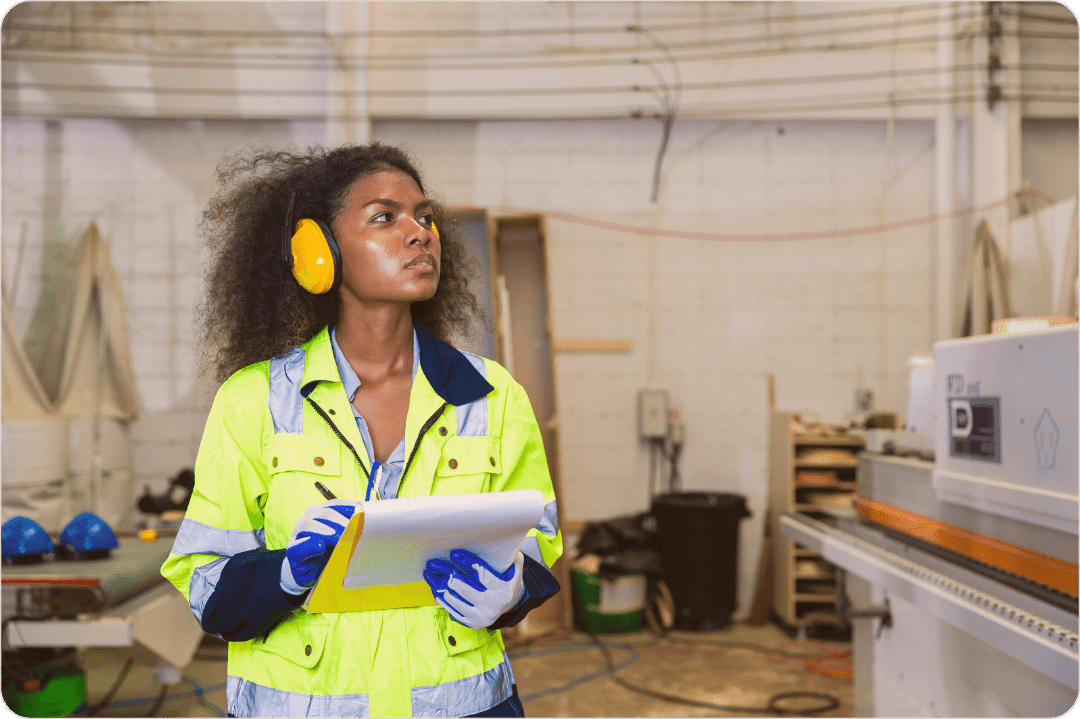Puerto Rico, a U.S. territory in the Caribbean, has a diverse economy that includes manufacturing, healthcare, utilities, public service, and tourism. Many of these industries employ individuals who work alone or in remote environments, placing them at greater risk for injuries or emergencies without immediate assistance. These lone workers require dedicated safety strategies to ensure their protection and compliance with applicable regulations.
Unlike many U.S. states and territories, Puerto Rico operates its own OSHA-approved State Plan, which is managed by the Puerto Rico Occupational Safety and Health Administration (PR OSHA) under the Puerto Rico Department of Labor and Human Resources. This means that employers in Puerto Rico are subject to safety regulations developed locally but required to be at least as effective as federal OSHA standards.
On This Page
Our Guide To Lone Worker Safety Policy And Legislation In Puerto Rico
Puerto Rico’s state plan covers both private- and public-sector employees, providing comprehensive regulatory oversight of workplace safety across the island. Although PR OSHA does not have a regulation that specifically targets lone workers, employers must comply with general safety requirements—including those that address the hazards associated with working in isolation.
As in mainland OSHA jurisdictions, the General Duty Clause applies in Puerto Rico, requiring employers to create a work environment that is free from recognized hazards. For lone workers, this includes developing policies that account for communication, emergency response, and access to support while on duty.
How Puerto Rico Defines A Lone Worker
While there is no official legal definition of “lone worker” in Puerto Rican labor law, the term generally refers to any employee who performs work without direct supervision or the presence of coworkers. In Puerto Rico, this can include:
- Security guards at commercial or municipal sites
- Utility workers inspecting or maintaining infrastructure in remote areas
- Maintenance staff operating alone in large facilities or buildings
- Field inspectors, surveyors, or delivery drivers
- Healthcare or home service providers visiting patients offsite
The island’s geography, climate, and infrastructure challenges make it even more important for employers to take steps to identify and reduce risks associated with working alone.
Employing A Lone Worker In Puerto Rico
Organizations employing lone workers in Puerto Rico must comply with PR OSHA standards, which are modeled after federal OSHA but may include territory-specific updates. Employers are expected to proactively assess risk, develop procedures, and provide tools to protect those working without direct supervision.
Best practices for employing lone workers include:
- Conducting Site-Specific Risk Assessments for isolated job roles
- Implementing Communication Protocols, including check-ins and panic alerts
- Developing Emergency Plans tailored to remote or solitary work scenarios
- Providing Training on self-rescue, hazard identification, and safety procedures
- Using Technology Tools like lone worker safety apps to monitor location and status
Taking these steps helps ensure compliance with PR OSHA while demonstrating care for worker safety and readiness.
Learn How You Can Protect Your Employees With Loneworker.com

With Loneworker.com you can be equipped with the knowledge and the means to protect your employees and protect your business. Contact us today to learn more about how Loneworker.com can protect you and your employees.
How The Safe Lone Worker App Can Protect Puerto Rico Lone Workers And Employers
The Safe Lone Worker app offers real-time safety features designed for employees in remote or unsupervised roles. With GPS tracking, automated check-ins, panic buttons, and fall detection, the app helps employers maintain visibility and ensure rapid emergency response, even in hard-to-reach locations across Puerto Rico.
This is particularly valuable for industries like utilities, public works, healthcare, and field services that operate in diverse and decentralized environments.
Puerto Rico Lone Worker Policies
Puerto Rico maintains its own OSHA-approved occupational safety and health program through PR OSHA, which covers both public and private sectors. While there is no standalone regulation for lone workers, employers are still responsible under the General Duty Clause to protect employees from all recognized hazards, including those encountered while working alone.
Employers and safety professionals in Puerto Rico are encouraged to consult the PR OSHA website and relevant federal OSHA resources to stay current on legal requirements and best practices. This article is provided for general reference and should not replace official legal or regulatory guidance.
Puerto Rico Lone Worker Resources
OHS Contact Centre
- 1-866-415-8690
CDC / NIOSH
- 800-232-4636
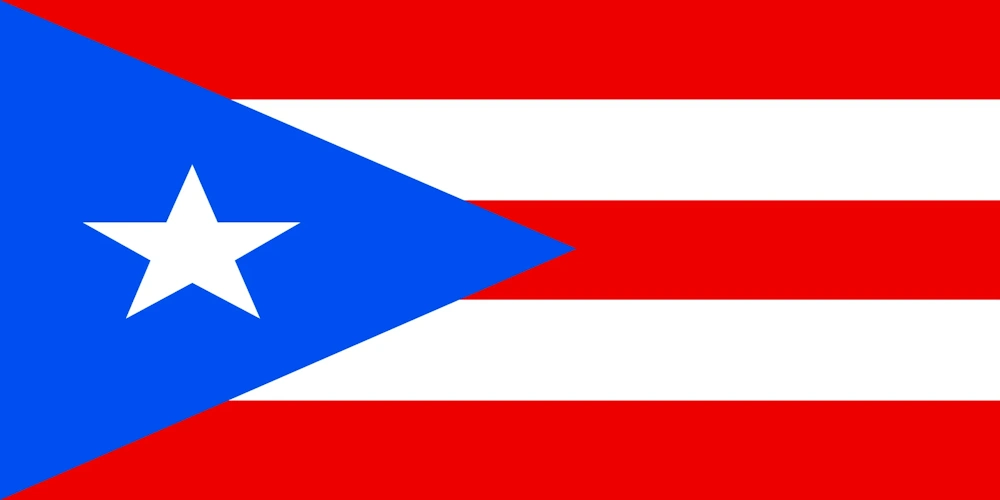
Affordable Monitoring For Lone Workers In Puerto Rico
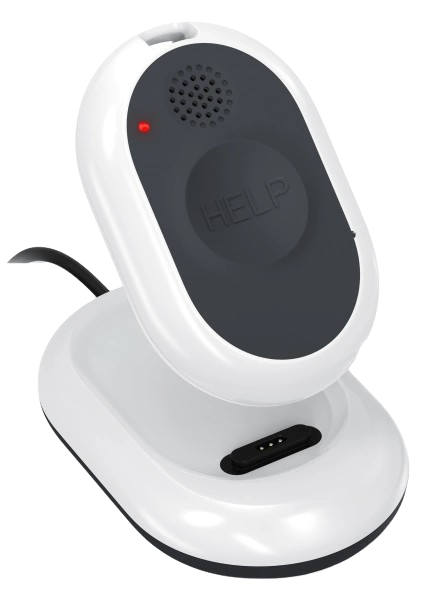
-
 Monitoring Your Employees' Safety
Monitoring Your Employees' Safety
-
 GPS Tracking And Monitoring
GPS Tracking And Monitoring
-
 Man Down Panic Alerts
Man Down Panic Alerts
-
 24/7 Protection Anywhere
24/7 Protection Anywhere
Lone Worker Legislation
Lone Worker Safety Policies And Legislation By State
-
 Alabama State Safety Policies And Legislation
Alabama State Safety Policies And Legislation
-
 Alaska State Safety Policies And Legislation
Alaska State Safety Policies And Legislation
-
 Arizona State Safety Policies And Legislation
Arizona State Safety Policies And Legislation
-
 Arkansas State Safety Policies And Legislation
Arkansas State Safety Policies And Legislation
-
 California State Safety Policies And Legislation
California State Safety Policies And Legislation
-
 Colorado State Safety Policies And Legislation
Colorado State Safety Policies And Legislation
-
 Connecticut State Safety Policies And Legislation
Connecticut State Safety Policies And Legislation
-
 Delaware State Safety Policies And Legislation
Delaware State Safety Policies And Legislation
-
 Florida State Safety Policies And Legislation
Florida State Safety Policies And Legislation
-
 Georgia State Safety Policies And Legislation
Georgia State Safety Policies And Legislation
-
 Hawaii State Safety Policies And Legislation
Hawaii State Safety Policies And Legislation
-
 Idaho State Safety Policies And Legislation
Idaho State Safety Policies And Legislation
-
 Illinois State Safety Policies And Legislation
Illinois State Safety Policies And Legislation
-
 Indiana State Safety Policies And Legislation
Indiana State Safety Policies And Legislation
-
 Iowa State Safety Policies And Legislation
Iowa State Safety Policies And Legislation
-
 Kansas State Safety Policies And Legislation
Kansas State Safety Policies And Legislation
-
 Kentucky State Safety Policies And Legislation
Kentucky State Safety Policies And Legislation
-
 Louisiana State Safety Policies And Legislation
Louisiana State Safety Policies And Legislation
-
 Maine State Safety Policies And Legislation
Maine State Safety Policies And Legislation
-
 Maryland State Safety Policies And Legislation
Maryland State Safety Policies And Legislation
-
 Massachusetts State Safety Policies And Legislation
Massachusetts State Safety Policies And Legislation
-
 Michigan State Safety Policies And Legislation
Michigan State Safety Policies And Legislation
-
 Minnesota State Safety Policies And Legislation
Minnesota State Safety Policies And Legislation
-
 Mississippi State Safety Policies And Legislation
Mississippi State Safety Policies And Legislation
-
 Missouri State Safety Policies And Legislation
Missouri State Safety Policies And Legislation
-
 Montana State Safety Policies And Legislation
Montana State Safety Policies And Legislation
-
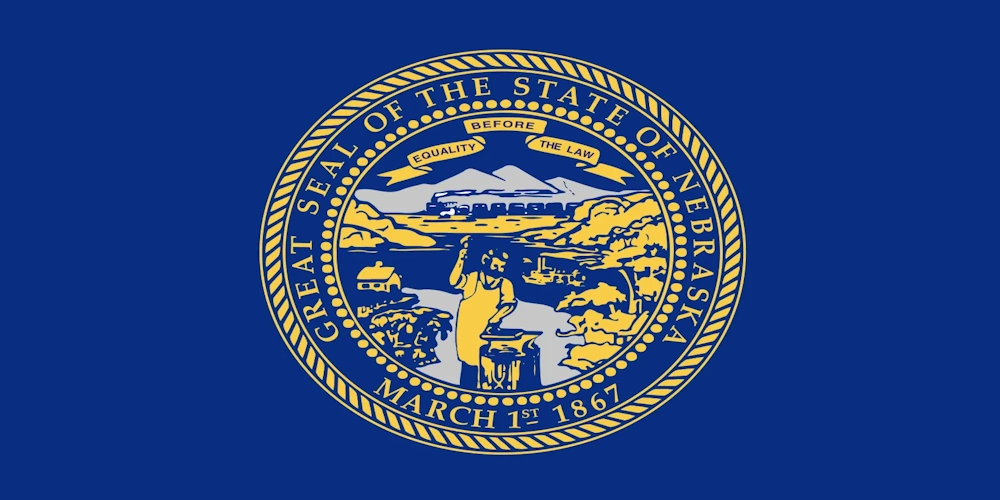 Nebraska State Safety Policies And Legislation
Nebraska State Safety Policies And Legislation
-
 Nevada State Safety Policies And Legislation
Nevada State Safety Policies And Legislation
-
 New Hampshire State Safety Policies And Legislation
New Hampshire State Safety Policies And Legislation
-
 New Jersey State Safety Policies And Legislation
New Jersey State Safety Policies And Legislation
-
 New Mexico State Safety Policies And Legislation
New Mexico State Safety Policies And Legislation
-
 New York State Safety Policies And Legislation
New York State Safety Policies And Legislation
-
 North Carolina State Safety Policies And Legislation
North Carolina State Safety Policies And Legislation
-
 North Dakota State Safety Policies And Legislation
North Dakota State Safety Policies And Legislation
-
 Ohio State Safety Policies And Legislation
Ohio State Safety Policies And Legislation
-
 Oklahoma State Safety Policies And Legislation
Oklahoma State Safety Policies And Legislation
-
 Oregon State Safety Policies And Legislation
Oregon State Safety Policies And Legislation
-
 Pennsylvania State Safety Policies And Legislation
Pennsylvania State Safety Policies And Legislation
-
 Rhode Island State Safety Policies And Legislation
Rhode Island State Safety Policies And Legislation
-
 South Carolina State Safety Policies And Legislation
South Carolina State Safety Policies And Legislation
-
 South Dakota State Safety Policies And Legislation
South Dakota State Safety Policies And Legislation
-
 Tennessee State Safety Policies And Legislation
Tennessee State Safety Policies And Legislation
-
 Texas State Safety Policies And Legislation
Texas State Safety Policies And Legislation
-
 Utah State Safety Policies And Legislation
Utah State Safety Policies And Legislation
-
 Vermont State Safety Policies And Legislation
Vermont State Safety Policies And Legislation
-
 Virginia State Safety Policies And Legislation
Virginia State Safety Policies And Legislation
-
 Washington State Safety Policies And Legislation
Washington State Safety Policies And Legislation
-
 West Virginia State Safety Policies And Legislation
West Virginia State Safety Policies And Legislation
-
 Wisconsin State Safety Policies And Legislation
Wisconsin State Safety Policies And Legislation
-
 Wyoming State Safety Policies And Legislation
Wyoming State Safety Policies And Legislation
-
 American Samoa State Safety Policies And Legislation
American Samoa State Safety Policies And Legislation
-
 Guam State Safety Policies And Legislation
Guam State Safety Policies And Legislation
-
 Northern Mariana Islands State Safety Policies And Legislation
Northern Mariana Islands State Safety Policies And Legislation
-
 Puerto Rico State Safety Policies And Legislation
Puerto Rico State Safety Policies And Legislation
-
 Washington D.C. State Safety Policies And Legislation
Washington D.C. State Safety Policies And Legislation
-
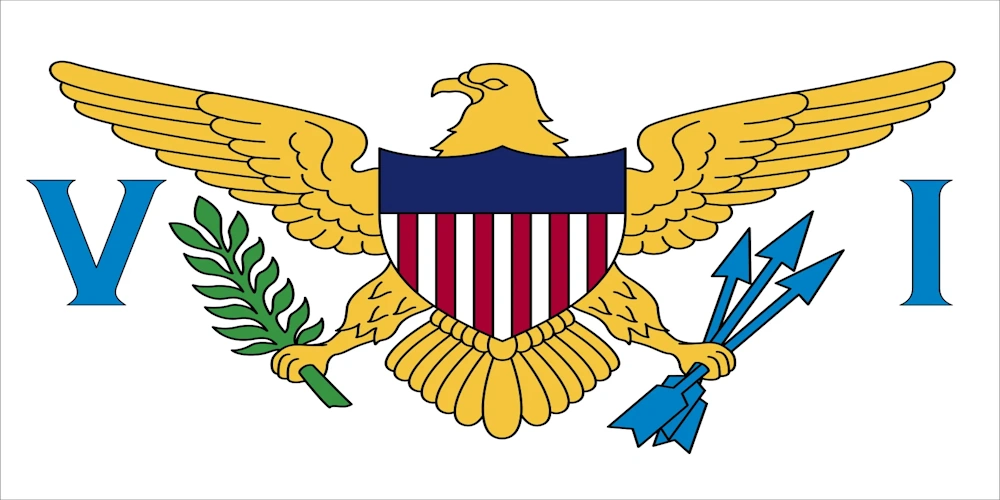 Virgin Isles State Safety Policies And Legislation
Virgin Isles State Safety Policies And Legislation




